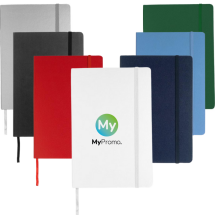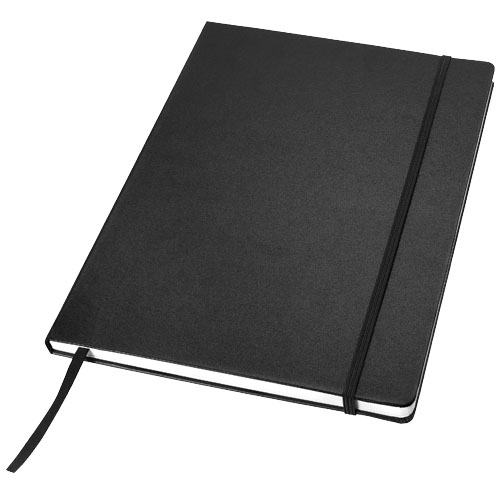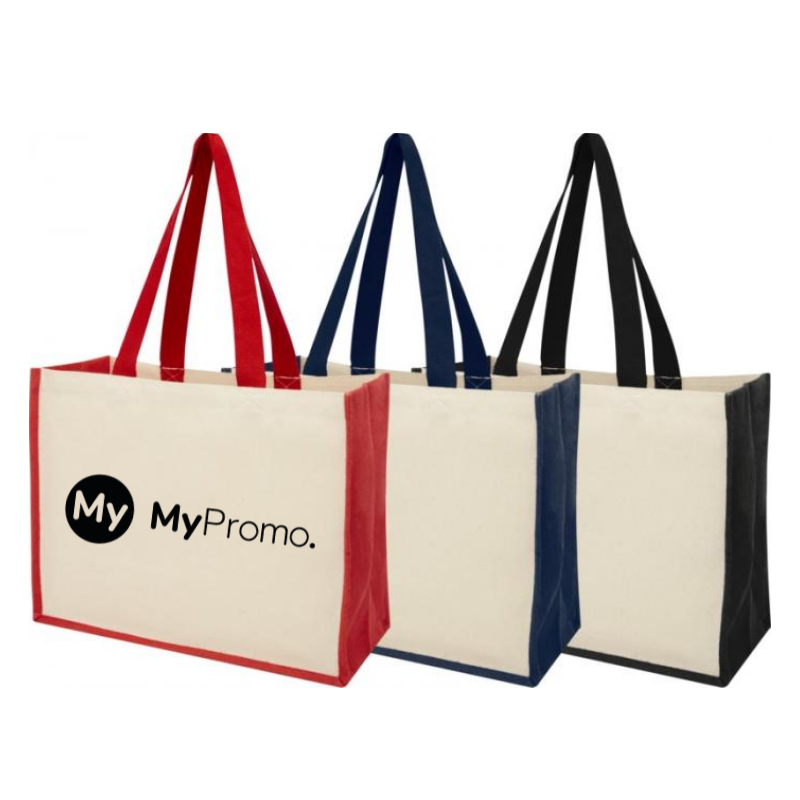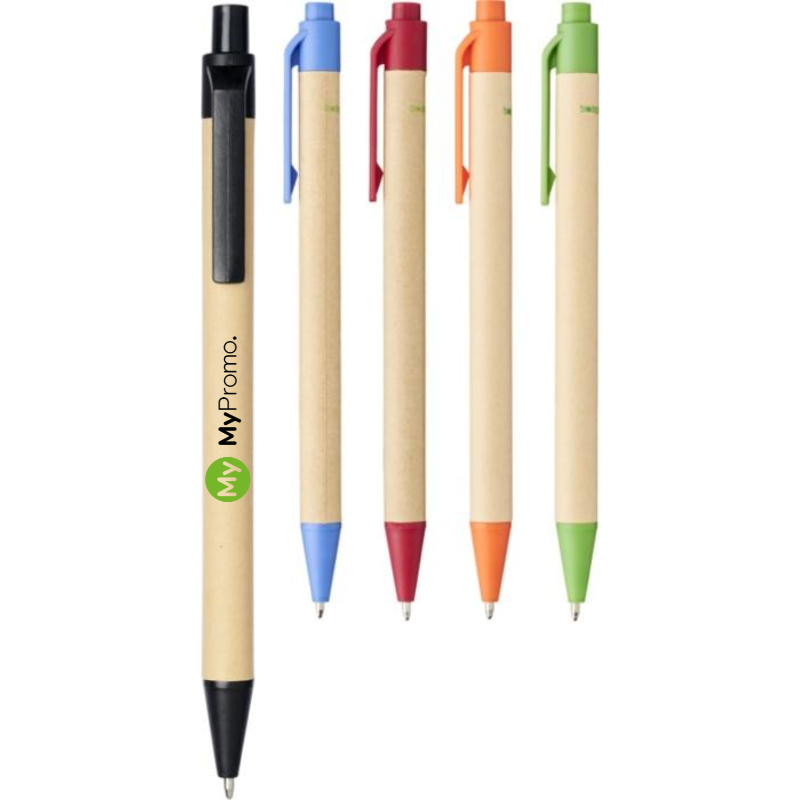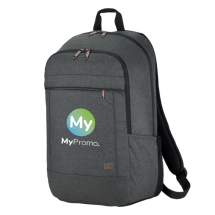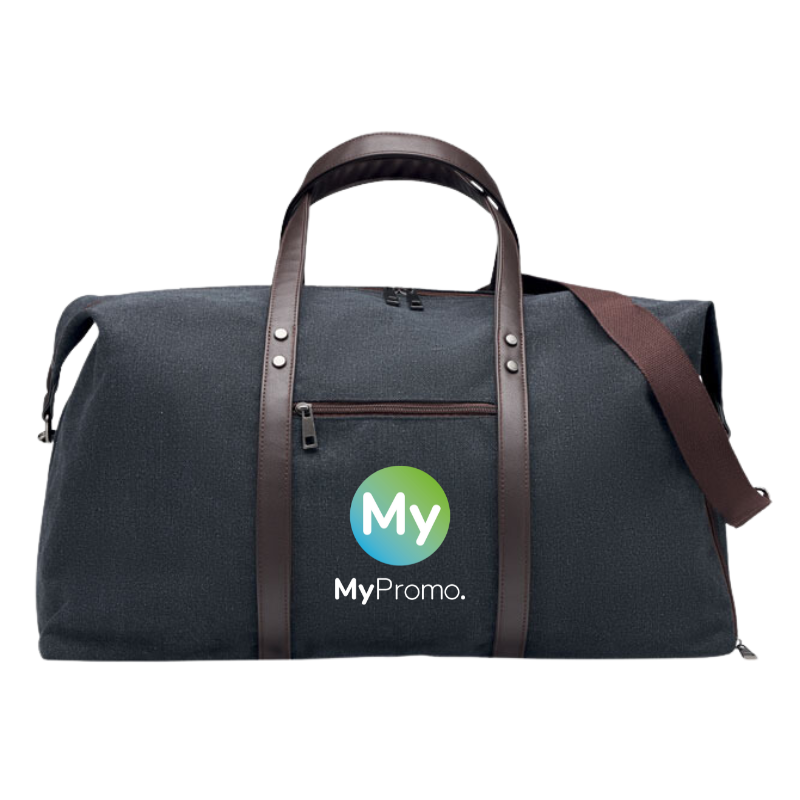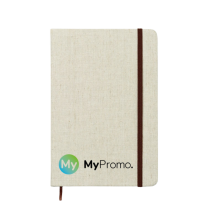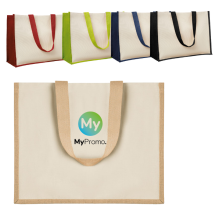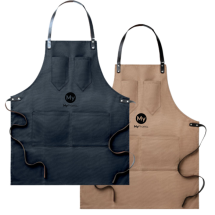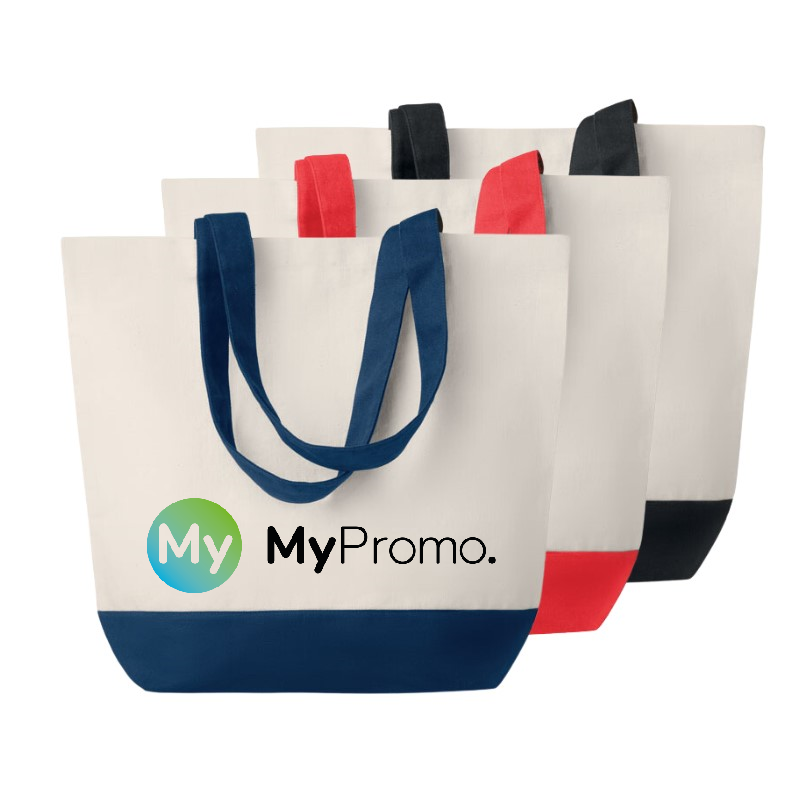Canvas
What is Canvas?
Canvas is a durable and versatile woven fabric commonly used in manufacturing and crafting. Historically, it has been utilized for sails, tents, and paintings due to its robust nature. Today, canvas plays a pivotal role in various industries, including manufacturing and the creation of promotional gifts. Let's delve into the basics of this material and its significance in today's market.Sourcing or Producing Canvas
Canvas typically begins its journey from natural fibers like cotton or linen. These fibers undergo spinning into yarns, which are then woven together to form the characteristic canvas texture. In modern manufacturing, canvas can also be made from synthetic fibers like polyester or blends of natural and synthetic materials. The process involves weaving these fibers into a tight, durable fabric suitable for a wide range of applications.
Properties and Characteristics
Canvas boasts several key properties that make it highly desirable in manufacturing. It is known for its strength, durability, and ability to withstand wear and tear. Additionally, canvas is breathable, allowing air to pass through while still providing adequate protection. It is also relatively lightweight, making it easy to work with and transport.
Applications and Examples
Canvas finds its way into numerous products across various industries. Common applications include personalised bags, shoes, personalised clothing, upholstery, and artwork. Its versatility allows for customization and personalization, making it a popular choice for promotional items like tote bags, banners, and aprons. The ability to print logos, designs, and messages directly onto canvas enhances brand visibility and promotional efforts.
Advantages of Using Canvas
The use of canvas offers several advantages in manufacturing. Its durability ensures longevity, making it suitable for products that require frequent use or exposure to harsh conditions. Canvas's ability to hold colors and designs makes it ideal for branding purposes, enhancing product aesthetics and brand recognition. Furthermore, its affordability and eco-friendly nature appeal to both businesses and consumers alike.
Comparison with Other Materials
Compared to alternatives like nylon or PVC, canvas stands out for its natural feel and breathability. While synthetic materials may offer waterproof or weather-resistant properties, they often lack the aesthetic appeal and eco-friendliness of canvas. Additionally, canvas can be recycled and repurposed, contributing to sustainability efforts in manufacturing.
Challenges and Limitations
Despite its many benefits, canvas is not without its challenges. Its natural fibers can be prone to shrinking or stretching when exposed to moisture, requiring proper care and maintenance. Additionally, untreated canvas may be susceptible to staining or fading over time, necessitating protective coatings or treatments for certain applications. However, advancements in technology and fabric treatments have helped mitigate these issues, expanding the versatility and longevity of canvas products.
In conclusion, canvas remains a staple material in manufacturing and promotional gifts due to its durability, versatility, and customizable nature. By understanding its properties and applications, businesses can harness the full potential of canvas to create high-quality products that resonate with consumers while fulfilling their branding and promotional needs.
| Property | Description | Applications |
|---|---|---|
| Strength | High tensile strength, resists tearing and stretching | Sails, tents, marquees |
| Durability | Long-lasting and able to withstand harsh conditions | Outdoor gear, workwear |
| Breathability | Allows air to circulate, preventing condensation | Apparel, footwear |
| Lightweight | Easy to handle and transport | Personalised bags, portable items |
| Customizability | Can be easily printed on and dyed | Promotional banners, personalised clothing |
What is canvas made of?
Canvas is typically made from natural fibres such as cotton or linen. These fibres are spun into yarns and woven together to create the characteristic canvas texture.
Is canvas waterproof?
Canvas is not inherently waterproof, but it can be treated with special coatings or finishes to make it water-resistant. However, standard canvas made from natural fibres like cotton is not naturally waterproof.
What are the advantages of canvas over plastic?
Canvas offers an eco-friendly alternative to plastic as it's made from natural or recycled fibres. It's also more durable and breathable than many plastics, making it suitable for various applications including reusable bags and upholstery.
Is canvas suitable for outdoor use?
Yes, some canvases are specially designed to withstand outdoor elements. Treated or coated canvases can provide additional protection against water, mildew, and UV damage, making them suitable for outdoor furniture, awnings, and covers.
Can canvas be customised or personalised?
Yes, canvas is highly customisable and can be easily printed or embroidered with designs, logos, or messages. This makes it a popular choice for personalised items such as tote bags, banners, and promotional products.
